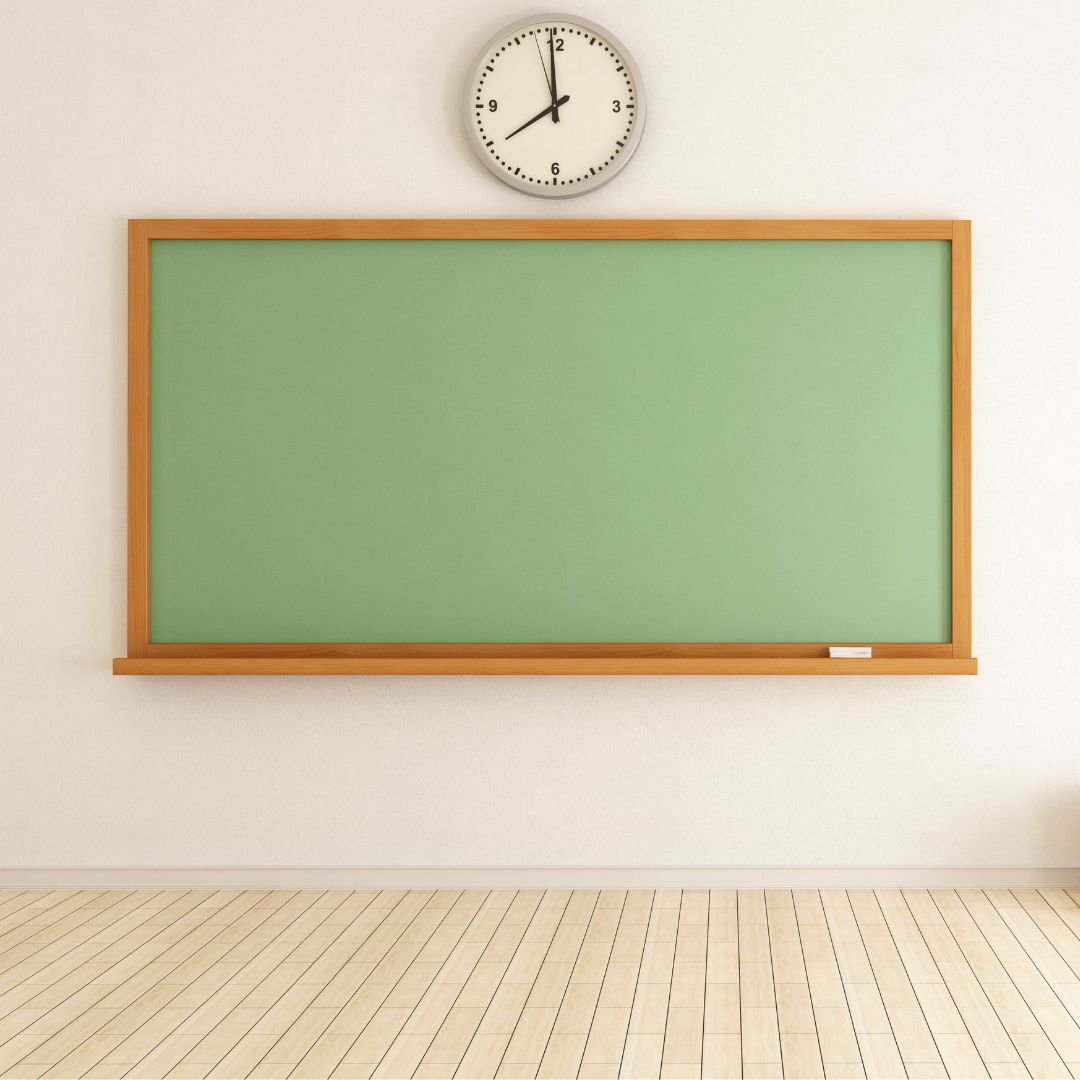“Our kids love each other, right? I mean, they definitely don’t seem to like each other lately, but do they love each other?” The other day, I (Katie) was listening to my children arguing in the backyard and I looked at my husband and literally asked this question. It seems like my kids (who are 2.5 years apart) operate in two different modes: best friends or mortal enemies. And some days, sibling conflict is exhausting for me as a parent!
On our social media, we consistently hear from you about arguments between siblings. When you are raising a child (or more than one child) with ADHD, this can be even more complicated! We definitely haven’t figured out the secret sauce to help our kids get along all the time. But we wanted to share a few tips to help support you in your journey.
1) Prioritize 1:1 time for each child.
Maybe we should make t-shirts that say this… or coffee mugs… hmm… but we say it ALL OF THE TIME because it’s parenting gold! The truth is, this is easier said than done. If you are experiencing conflict between children in the family, don’t underestimate the value of spending 1:1 time with each child. This can be simple – having one child help you make pancakes on Saturday morning, or sitting down after dinner to read a story together.
2) Have fun as a family.
If your family is anything like ours, it seems like we all spend a lot of our week doing necessary things. School, work, cooking, cleaning, sports, and activities… the list goes on. And sometimes, it feels like the weekend is over in an instant. Sit down with your children and create a list of family activities that everyone enjoys. These don’t have to be expensive! Consider a backyard camping trip with s’mores, or a family bike ride to a nearby park. When you all do something fun together, it helps build connection.
3) Manage your expectations.
This is important, especially for children with ADHD (keep in mind that they often lag 30% behind their peers in executive functioning and other important skills – so your 10-year-old may act more like a 7-year-old!). Don’t expect your children to get along all of the time. In fact, conflict and resolution are teaching your child some incredible life skills. This takes time and some days it might not seem like they are making any progress at all. An analogy I use with children I work with through speech therapy is, “How can you fill ___’s bucket today?” With younger children, I will actually use a bucket. We can draw or write ideas for supporting their siblings or friends.

4) Teach skills and set expectations.
Think about all of the skills that are necessary for successful conflict resolution. If your child isn’t able to recognize emotions in other people, label their own feelings, or problem solve situations, these are all skills you can teach. Take a step back and think about where the breakdown happens most often. In my house, my 4-year-old becomes frustrated because his older sister is able to out-talk him any day. In those situations, I talk with her about pausing and listening, while I encourage him to take a breath and explain what he is feeling.
5) Then stand back (you are a coach, not a player!).
It’s amazing how much kids can shine when they are given a few minutes to process and formulate their ideas. Instead of taking one child’s side or jumping in immediately to “solve” the issue, encourage each child to share their perspective, and WAIT. Let them try to resolve it first and add neutral commentary or suggestions as needed.
6) Don’t hesitate to seek professional help.
If conflict between siblings is starting to impact your life on a daily basis, family therapy is always an option worth considering. A good family therapist or counselor can evaluate your personal family dynamics and give you more tailored strategies for your personal situation. This short-term investment of time and finances can be a game changer for a lot of families!
What tools do you use to support your children in getting along better? Let us know what is (or isn’t!) working for you!
If you are looking for a more comprehensive way to support your child with ADHD, check out our online course Creating Calm. Our course takes these complicated concepts and breaks them down into simple, easy-to-use tools to support you in your journey.
Have a beautiful week!
Lori, Katie, and Mallory







+ show Comments
- Hide Comments
add a comment